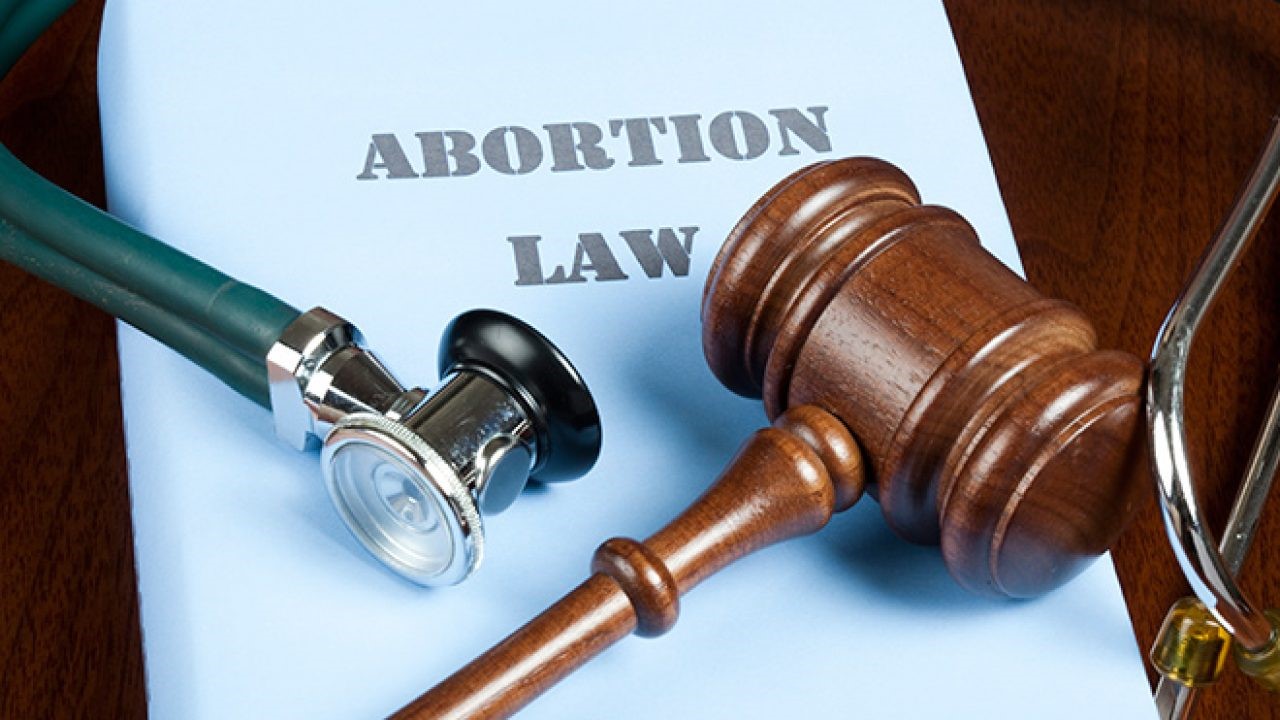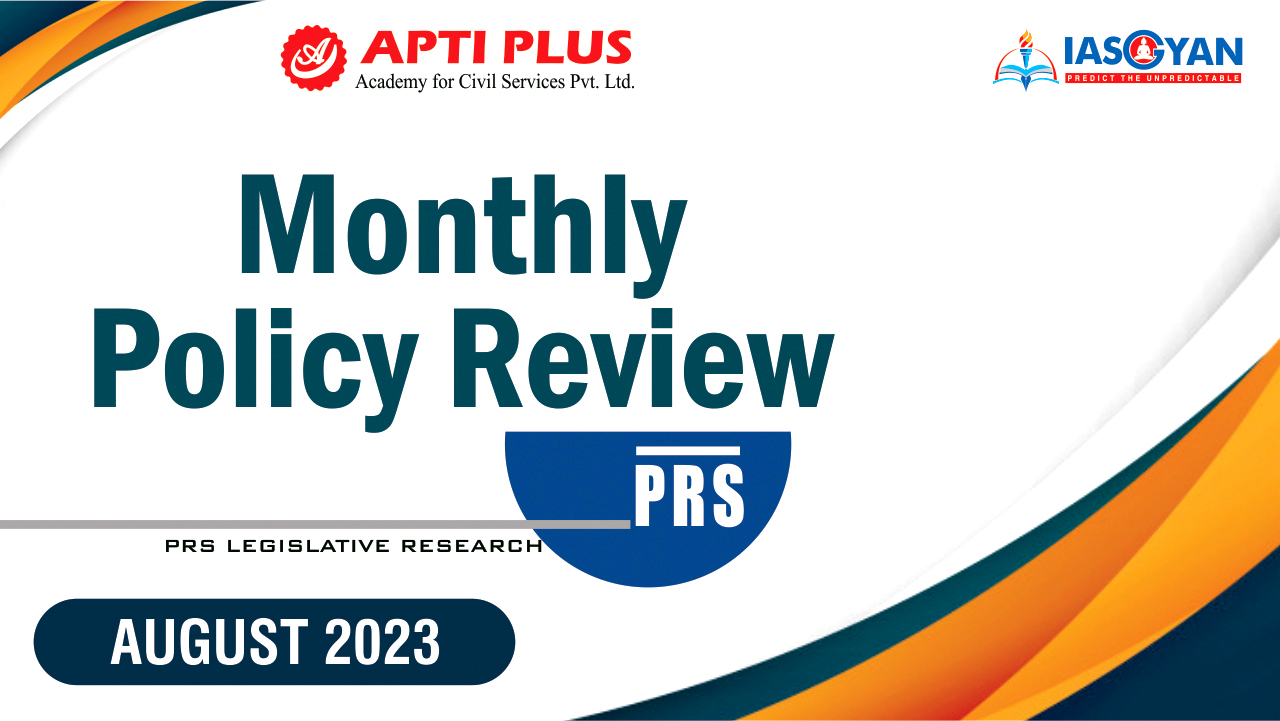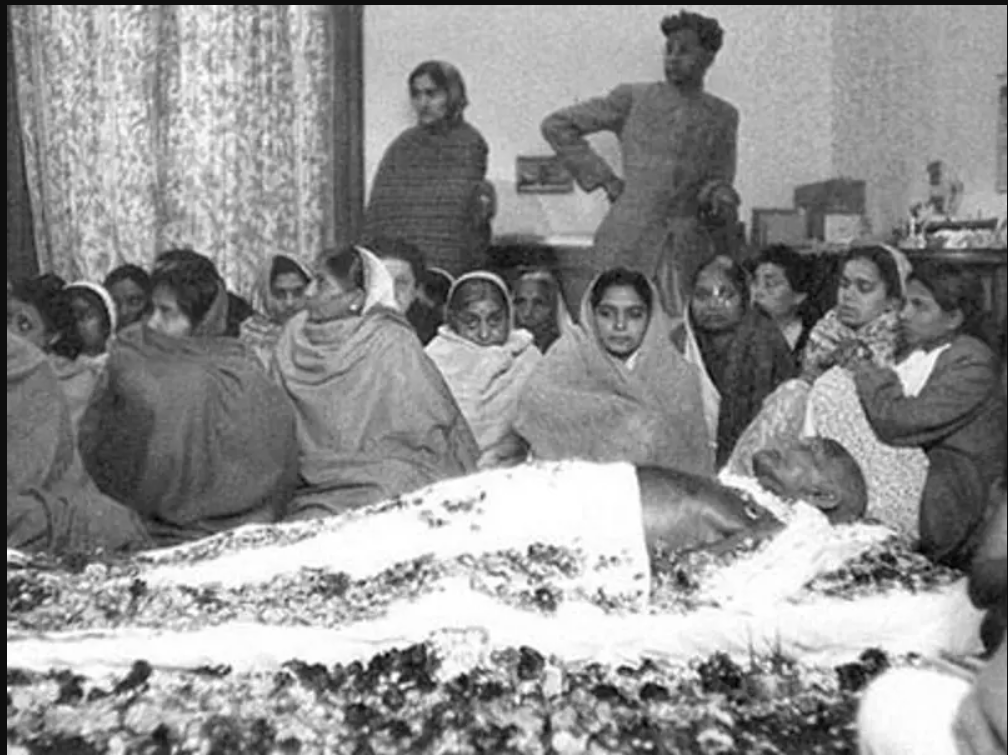Description

Disclaimer: Copyright infringement not intended.
Context
- In a recent case before the Supreme Court of India, a two-judge bench faced a complex issue related to the termination of a 26-week pregnancy.
- The case raises a critical medical question: should a "viable" foetus be terminated or provided with life support in advanced-stage abortions?
Details
The Case
- The case involves a 27-year-old woman who already has two children and is suffering from postpartum depression.
- A six-member medical board advised against terminating the pregnancy on October 6, citing several reasons.
Reasons Against Termination
- Risk of Postpartum Psychosis: Termination at an advanced stage could lead to postpartum psychosis, a severe mental condition characterized by hallucinations and delusions.
- Prior Cesarean Sections: The woman had undergone cesarean sections during her two previous pregnancies, increasing the risk of complications.
- Viability of the Foetus: Most importantly, the baby is already viable and has a reasonable chance of survival.
Initial Decision and Subsequent Confusion
- Despite the medical board's recommendation against termination, the bench allowed the abortion on October 9.
- However, the two-judge bench, after receiving clarification from a medical board member, could not reach a consensus regarding the woman's request for an abortion.
Medical Questions Raised
- The doctor has raised four key medical issues in the clarification sought from the court:
- Foetal Viability: The doctor emphasizes that the baby is currently viable, showing signs of life and a strong chance of survival. This raises the question of whether foeticide, the stopping of the foetal heart, can be performed before termination.
- Potential Consequences: The doctor highlights that if foeticide is not performed, a preterm and low birth weight baby may require a long stay in the intensive care unit with a high risk of immediate and long-term physical and mental disabilities, affecting the child's quality of life.
- Parental Decision: In the event that the baby is born, a directive is needed regarding the parents' decision to keep the child, as it could have significant physical, mental, emotional, and financial implications.
- Adoption Process: If the parents decide to put the child up for adoption, the process must be clearly defined.

Saline Injection in Medical Practice
- Specialists note that in general medical practice, a saline injection is administered to stop the heart of a foetus, typically in cases where one of the twins is not developing appropriately and can harm the other foetus.
- Maruti Sinha, a senior consultant of gynaecology at Delhi’s Kasturba Hospital, explains that this procedure is not commonly used in abortion cases.
Current Abortion Laws in India
- The Medical Termination of Pregnancy law in India permits abortion up to 20 weeks in cases where there is a risk to the woman's life, affects her physical or mental well-being, the foetus has abnormalities, or the pregnancy resulted from a failure of contraception.
- Abortion beyond 20 weeks may also be allowed based on the advice of a medical board.
Introduction
- The practice of abortion in India has a complex legal history that has evolved over time.
- The Medical Termination of Pregnancy (MTP) Act of 1971 marked a significant shift by allowing safe and legal abortion services.
- Amendments in 2003 and 2021 expanded abortion rights up to 24 weeks for specific categories of women, such as rape survivors, minors, and those with mental disabilities, but excluded single women in consensual relationships from these provisions.
Pre-1971: Abortion as a Criminal Offense
- Abortion was considered a criminal offense under Section 312 of the Indian Penal Code, 1860.
- Exceptions existed only to save the life of the pregnant woman, making it punishable for women and providers.
- A committee led by Shantilal Shah was formed in the 1960s to recommend changes in this law.
1971: The MTP Act
- The recommendations of the Shah Committee led to the creation of the Medical Termination of Pregnancy Act, 1971.
- The Act specified conditions under which abortion was allowed, including risk to the woman's life or physical and mental health, fetal abnormalities, rape, or contraceptive failure.
- Abortions were limited to 20 weeks, and only registered medical practitioners could perform them.
- The Act marked a departure from criminalization, offering a legal framework for safe abortions.
Estimation of Abortion Incidence
- A 2018 study estimated 6 million abortions in India in 2015, with a significant proportion considered unsafe.
- Unsafe abortions are a leading cause of maternal mortality in India.
Amendments to the MTP Act
- Amendments to the MTP Act were introduced in 2002 to increase access to safe abortion services.
- These changes aimed to decentralize the approval process for private abortion providers to the district level.
- The language of the law was modernized, substituting "lunatic" with "mentally ill person."
- Stricter penalties were introduced to discourage unapproved or unsafe abortions.
Proposed Amendments in 2014
- In 2014, proposed amendments aimed to:
- Expand the provider base, including AYUSH practitioners and nurses.
- Increase the gestation limit for abortion on the grounds of fetal abnormalities.
- Reduce the requirement for two opinions for second-trimester abortions to one.
- Extend the indication of contraception to unmarried women.
MTP Amendment Act, 2021
- In 2021, the MTP Amendment Act was passed, bringing substantial changes to India's abortion laws.
- Key amendments include:
- Removing the requirement for women to be married to seek abortion on grounds of contraceptive failure.
- Extending the gestational limit for certain special categories of women to 24 weeks.
- Mandating the constitution of Medical Boards in all states and union territories to diagnose substantial fetal anomalies.
- Ensuring confidentiality of women's abortion records.
SC Ruling in 2022
- The Supreme Court of India made significant findings in its September 2022 ruling, which emphasized women's right to bodily autonomy, sexual and reproductive choices, and addressed several key issues related to access to safe and legal abortion services:
- Expanding the Definition of "Woman": The ruling expanded the definition of "woman" to include not only cisgender women but also transpersons and other gender-divverse individuals who require access to safe abortion services. This is a crucial step in recognizing the diverse identities and needs of individuals seeking abortion.
- Elimination of Extra-Legal Conditions: The Court noted the common practice of medical practitioners insisting on extra-legal conditions such as obtaining family consent, producing documentary proofs, or judicial authorization for abortion seekers. The Court criticized this practice and stated that only the woman's consent is material for the abortion, unless she is a minor or mentally ill. It emphasized that a pregnant woman is the ultimate decision-maker regarding whether she wants to undergo an abortion.
- Equal Gestation Period for All Women: The ruling addressed the distinction in the gestation period considered legal for married and unmarried women, extending the limit for unmarried women from 20 to 24 weeks. The Court deemed this distinction discriminatory and in violation of Article 14 of the Constitution of India, emphasizing that all women, regardless of marital status, are entitled to the benefit of safe and legal abortion.
- Abortion for Survivors of Sexual Assault or Rape: The Court ruled that pregnancies resulting from marital rape can be terminated in the gestation period of 20 to 24 weeks under the category of "survivors of sexual assault or rape." This decision recognizes the unique circumstances faced by women in such situations and ensures their access to safe abortion services.
Impact on Single Women:
- This decision has far-reaching implications, especially for the approximately 73 million single women who were previously denied legal and safe access to abortions beyond 20 weeks.
- Unsafe abortions have led to significant mortality rates among women, with nearly 67% of abortions in India considered unsafe, resulting in eight women's deaths daily.
Challenges Remain:
- While the Supreme Court's ruling is progressive, it is only the first step in achieving full reproductive and bodily autonomy for all.
- The law continues to exclude transgender, non-binary, and gender-diverse individuals who may experience pregnancy and need access to safe abortions.
- The use of the term "pregnant women" in the judgement creates ambiguity about who is included in the legal framework.

Conclusion
- India's abortion laws have evolved from criminalization to a legal framework that grants women greater access to safe abortion services.
- Amendments reflect an ongoing effort to expand reproductive rights and ensure women's access to safe abortion services.
- SC's recent judgement is commendable, especially in the context of global debates on sexual and reproductive rights.
- It signifies progress and underscores the nation's commitment to recognizing women's rights.
- Nevertheless, there is work to be done to ensure inclusivity, awareness, and the realization of complete reproductive autonomy for all individuals, regardless of their gender or marital status.
|
PRACTICE QUESTION
Q. Discuss the implications of the Supreme Court of India's landmark ruling in September 2022 on women's reproductive rights and access to safe abortion services. Examine how this ruling expands the concept of women's bodily autonomy and its impact on gender equality in India. (250 Words)
|














